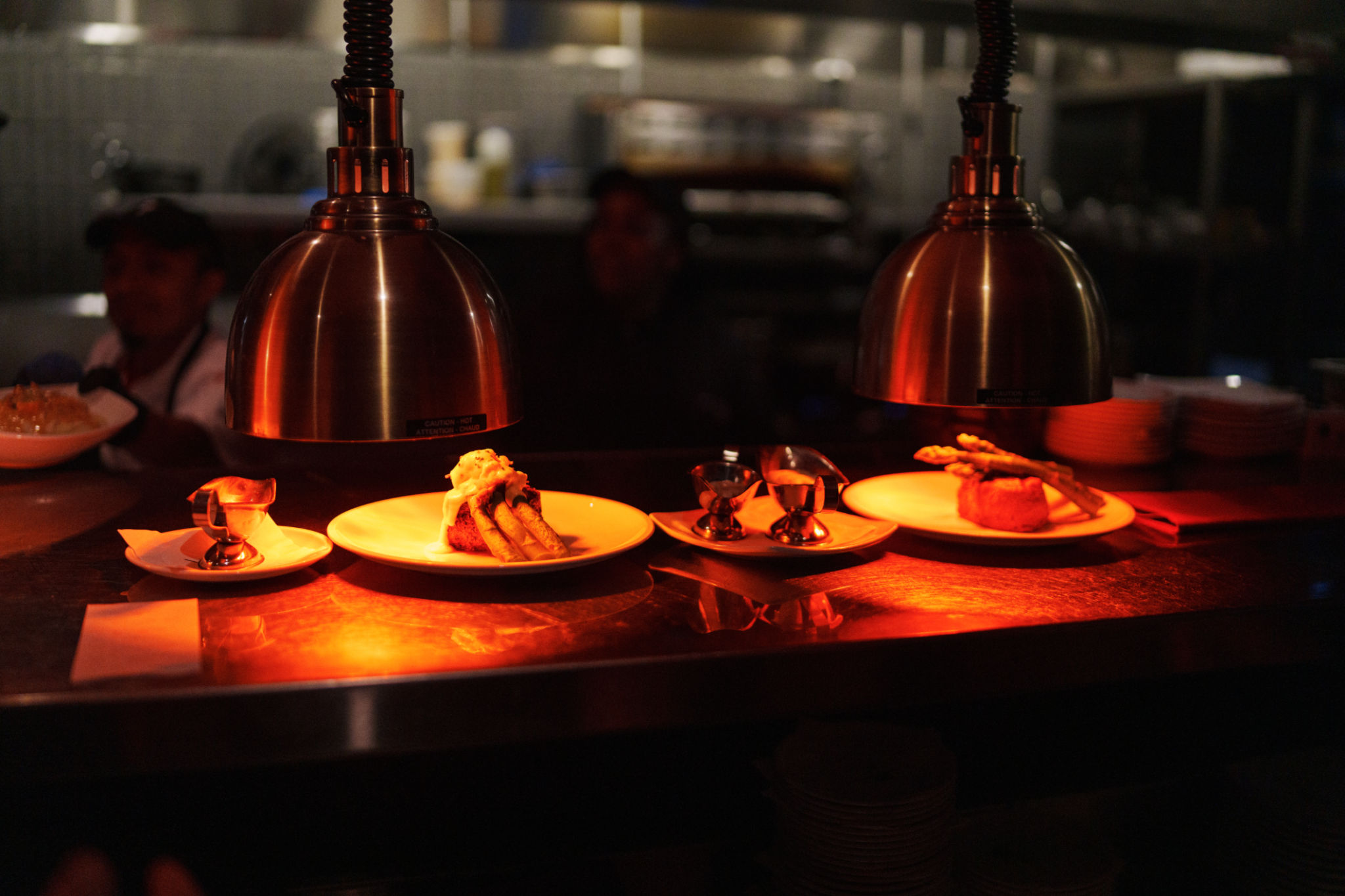Comparing Cooking Oils: What London Restaurants Need to Know
Understanding the Basics of Cooking Oils
Cooking oils are a staple in kitchens around the world, offering essential fats and a means to enhance flavors. In London, where the culinary scene is diverse and dynamic, choosing the right cooking oil can significantly impact the taste and health profile of dishes served in restaurants. Understanding the basics of cooking oils is crucial for chefs and restaurant owners aiming to deliver quality and consistency.

Types of Cooking Oils
There are numerous types of cooking oils, each with its unique properties, flavors, and health benefits. Some of the most commonly used oils in restaurants include:
- Olive Oil: Known for its rich flavor and health benefits, it's ideal for dressings and low-heat cooking.
- Canola Oil: With a neutral taste and high smoke point, it's perfect for frying and baking.
- Sunflower Oil: Light in flavor and versatile, it's often used for frying and sautéing.
- Coconut Oil: Offers a unique flavor suitable for baking and certain Asian dishes.
Health Considerations
The choice of cooking oil can greatly affect the nutritional value of your dishes. Oils high in saturated fats, like coconut oil, can add a distinct flavor but may not be ideal for health-conscious menus. Conversely, oils like olive and canola are rich in unsaturated fats, making them healthier options for everyday use.

Smoke Points and Cooking Techniques
The smoke point of an oil is the temperature at which it begins to smoke and break down, affecting flavor and releasing harmful compounds. Understanding smoke points is crucial for selecting the right oil for specific cooking methods:
- Low Smoke Point: Olive oil (160-190°C) is best for sautéing or drizzling over salads.
- Medium Smoke Point: Canola oil (204°C) suits medium-heat frying and baking.
- High Smoke Point: Sunflower oil (232°C) is ideal for deep frying and high-heat roasting.
Cost Implications for Restaurants
The cost of cooking oil can impact a restaurant's budget significantly. Premium oils like extra virgin olive oil can be expensive but may offer marketing advantages due to their perceived quality. Balancing cost with quality is essential for maintaining profitability while ensuring customer satisfaction.

Sustainability Considerations
As sustainability becomes increasingly important in the culinary world, restaurants in London are considering the environmental impact of their oil choices. Sustainable options often involve selecting oils from responsibly sourced crops or those that have a lower carbon footprint.
Restaurants can also explore using local farm-sourced oils to minimize transportation emissions and support local economies. This approach not only appeals to environmentally conscious diners but also enhances a restaurant's reputation.
Conclusion
Choosing the right cooking oil is a multifaceted decision that influences the taste, healthfulness, and environmental impact of your menu items. By understanding the properties of various oils, London restaurants can make informed choices that align with their culinary goals and values. Ultimately, the right oil can enhance not only the flavor of dishes but also the dining experience as a whole.